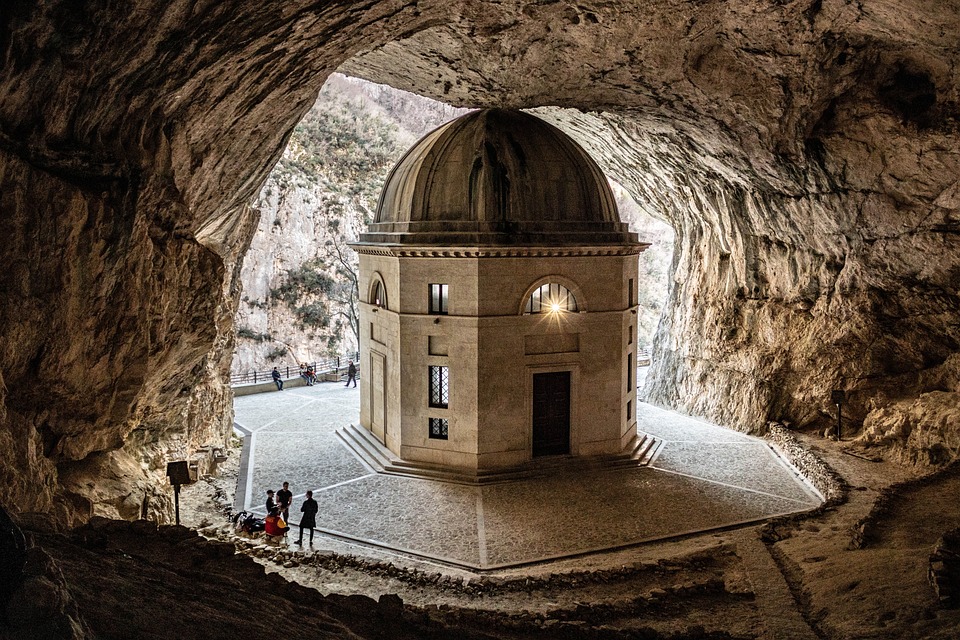In a rapidly changing world where technology and globalization seem to reign supreme, the importance of preserving and celebrating indigenous cultures cannot be overstated. The rich traditions, languages, art, and values of indigenous peoples are an integral part of our global heritage, and they offer unique insights into humanity’s diverse ways of life.
One of the key reasons why preserving and celebrating indigenous cultures is essential is because they hold valuable knowledge and practices that can benefit society as a whole. From sustainable farming methods to traditional healing practices, indigenous cultures offer a wealth of wisdom that can help us address pressing issues such as climate change, food security, and healthcare. By valuing and respecting these traditions, we can learn from them and work together to build a more sustainable and harmonious world for all.
Furthermore, preserving indigenous cultures is vital for promoting diversity and inclusivity in our increasingly multicultural societies. Indigenous peoples’ identities and histories are deeply intertwined with their cultural practices, languages, and beliefs. By safeguarding these elements, we can recognize and celebrate the unique contributions that indigenous peoples make to our shared cultural landscape. This, in turn, can help foster greater understanding, respect, and unity among different communities, breaking down barriers and building bridges across cultures.
Celebrating indigenous cultures is also about recognizing and honoring the resilience and strength of indigenous peoples. Throughout history, indigenous communities have faced discrimination, marginalization, and attempts to erase their identities. Despite these challenges, many indigenous peoples have persevered and maintained their cultures, languages, and traditions. By acknowledging and uplifting indigenous voices and perspectives, we can amplify their stories, experiences, and struggles, and show our support for their ongoing fight for justice, equality, and self-determination.
Moreover, preserving and celebrating indigenous cultures is crucial for safeguarding human rights and promoting social justice. Indigenous peoples have the right to their own ways of life, languages, and cultures, as enshrined in international laws and declarations such as the United Nations Declaration on the Rights of Indigenous Peoples. By respecting and supporting these rights, we can help protect indigenous communities from further harm, exploitation, and cultural appropriation, and work towards creating a more equitable and inclusive society for all.
In today’s modern world, there are many ways in which we can preserve and celebrate indigenous cultures. One important way is through education and awareness-raising. Schools, museums, and community organizations can provide opportunities for people to learn about indigenous histories, cultures, and languages, and engage with indigenous artists, activists, and elders. By incorporating indigenous perspectives into curricula, exhibitions, and public events, we can help combat stereotypes, challenge misconceptions, and promote a more accurate and respectful understanding of indigenous peoples.
Another way to preserve and celebrate indigenous cultures is by supporting indigenous-owned businesses, artists, and entrepreneurs. By purchasing indigenous-made products, attending cultural events, and collaborating with indigenous artisans and creators, we can help sustain traditional practices, revitalize indigenous economies, and promote cultural exchange and dialogue. This not only benefits indigenous communities but also enriches our own lives by connecting us to the beauty and diversity of indigenous art, music, fashion, and literature.
Furthermore, we can lend our support to indigenous-led initiatives and campaigns that seek to defend indigenous lands, protect indigenous rights, and promote indigenous cultures. By standing in solidarity with indigenous communities in their struggles for sovereignty, environmental justice, and cultural preservation, we can help amplify their voices, raise awareness of their issues, and advocate for positive change at local, national, and international levels. Together, we can work towards building a more just and inclusive world where indigenous peoples’ rights and cultures are respected and valued.
In conclusion, preserving and celebrating indigenous cultures in a modern world is not just a matter of cultural heritage or historical preservation. It is about recognizing the inherent worth, dignity, and contributions of indigenous peoples to our shared humanity. By embracing indigenous traditions, languages, and values, we can learn from their wisdom, promote diversity and inclusivity, honor their resilience and strength, safeguard their rights and promote social justice, and work towards a more sustainable and harmonious future for all. Let us join hands with indigenous communities in their efforts to preserve and celebrate their cultures, and together, let us create a world that values and respects the richness and diversity of indigenous peoples’ ways of life.





